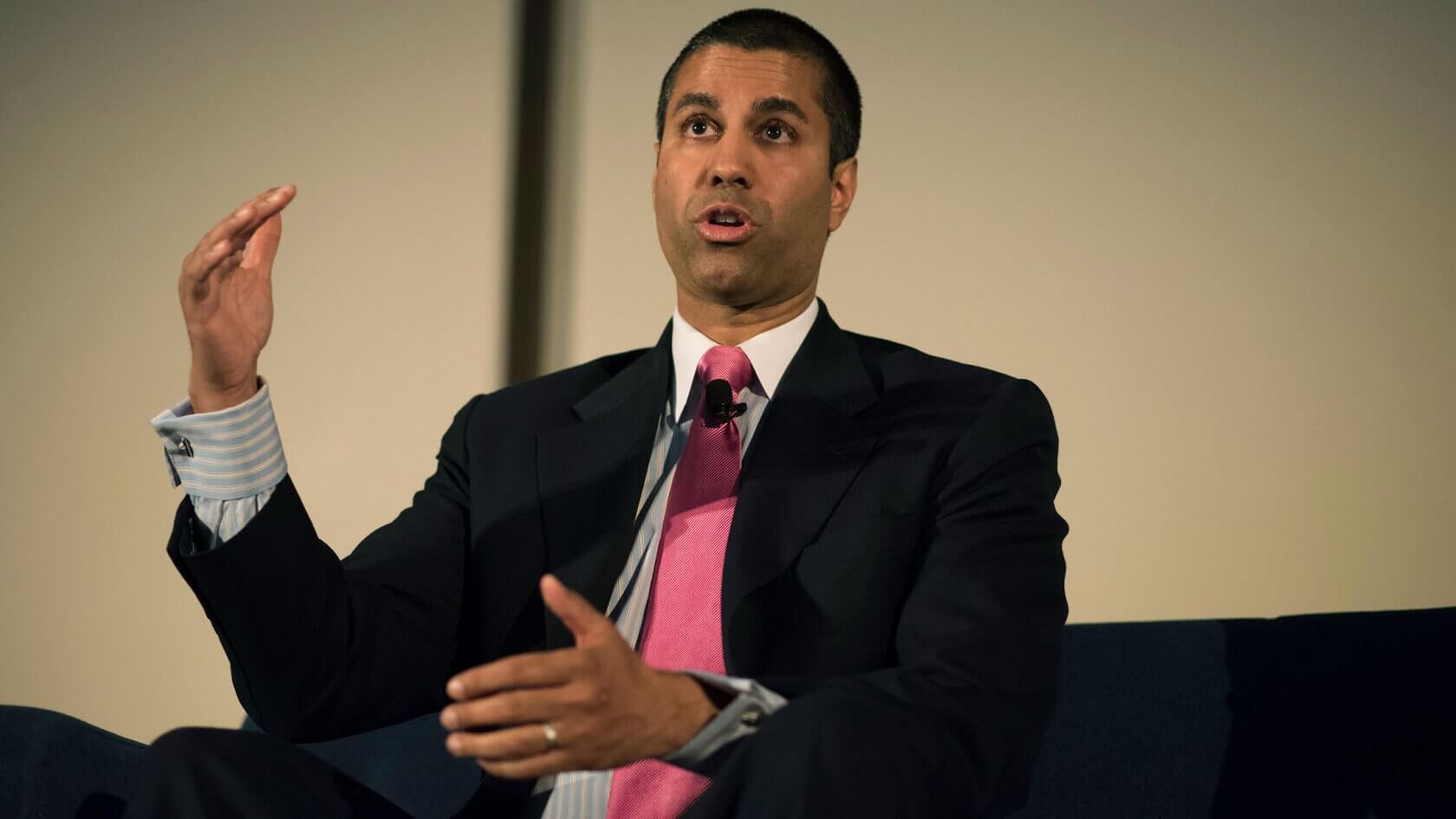What just happened? Past surveys have made it clear that the American public was against the FCC's repeal of net neutrality. However, a recent, in-depth Stanford University analysis of comments received by the FCC regarding the repeal (eliminating form-filled and automated comments from the equation) -- makes that clearer than ever. The study claims that 99.7 percent of commenters opposed the Commission's decision.

If you kept up on tech news during 2017, you probably remember that many outlets -- us included -- covered the "death" of net neutrality in December, when the Federal Communications Commission (FCC) led by Chairman Ajit Pai controversially voted to end the internet protections.
For many internet users, this decision was highly concerning - according to its proponents, net neutrality is what gives smaller ISPs a fighting chance against bigger companies, and it's what protects consumers from unsavory business practices, such as website blocking, paid prioritization, and more.
Whether you agree with that belief or not, it seems the majority of the American public -- or at least those who feel strongly about the situation -- is in favor of net neutrality. If you recall, around the time of the FCC's net neutrality vote, the organization opened up their proposal for public comment.
According to a recent Stanford University study (first spotted by TechDirt) which eliminated form-generated comments and bot-filed comments from its results, 99.7 percent of the 800,000 humans who commented on Pai's "Restoring Internet Freedom Order" opposed net neutrality's repeal.
99.7 percent of the 800,000 humans who commented on Pai's "Restoring Internet Freedom Order" opposed net neutrality's repeal.
Given the United States' status as a democracy, the fact that the FCC could -- and did -- make such sweeping rule changes despite widespread public opposition has proved concerning among net neutrality's defenders. Interestingly, though, those defenders are not strictly Democrats.
"Polls have consistently shown that net neutrality protections are popular across party lines," the report reads. "While the highest number of unique comments come from traditionally Democratic urban districts, the average number of comments in all districts was 1,489, with an average of 1,202 in Republican-held districts."
As intriguing as this information is, as with any other topic of this nature, it's important for you to do your own research. We would advise you to read Stanford's report for yourself and leave your thoughts on the matter in the comments.
https://www.techspot.com/news/76958-stanford-university-study-claims-997-percent-human-filed.html